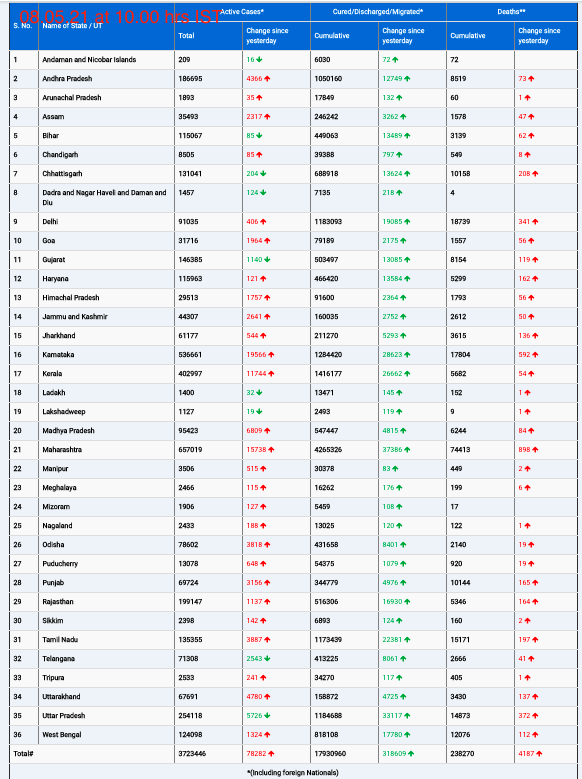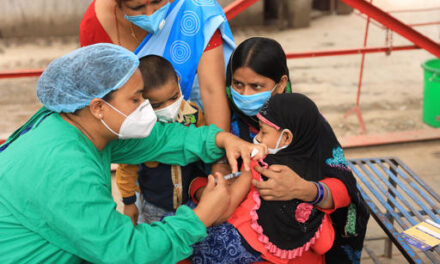JAMA Network Open
Recent research suggests a link between temperature exposure and psychiatric symptoms in adolescents, revealing that exposure to cold temperatures in the Netherlands and heat in Spain may be associated with increased mental health challenges. The study, published online on January 28, 2025, in JAMA Network Open, offers new insights into how environmental factors could influence adolescent well-being.
Led by Esmée Essers from ISGlobal in Barcelona, Spain, the study examined data from two major European birth cohorts: the Dutch Generation R Study and the Spanish Infancia y Medio Ambiente (INMA) Project. The research involved 3,934 adolescents from the Generation R cohort (average age 13.6 years) and 885 participants from the INMA cohort (average age 14.9 years). Participants were evaluated for internalizing, externalizing, and attention-related psychiatric symptoms.
The findings revealed that cumulative exposure to cold temperatures in the Netherlands was linked to increased internalizing symptoms (e.g., depression, anxiety). Specifically, a two-month exposure to temperatures around 5.5 degrees Celsius was associated with a 0.76 higher square-root transformation in internalizing symptoms. Conversely, in Spain, where exposure to heat was studied, warmer temperatures were correlated with more attention-related problems. For example, two months of exposure to 21.7 degrees Celsius temperatures resulted in a 1.52 higher square-root transformation in attention issues.
“These findings underscore the complex and multifaceted relationship between climate change and mental health,” said the authors. “The results can help inform adaptation strategies and climate action policies aimed at addressing the mental health challenges posed by environmental changes.”
This study adds to growing evidence of the significant impact of climate factors on mental health, particularly among vulnerable groups like adolescents. As global temperatures continue to fluctuate due to climate change, research like this will be essential in shaping public health policies that mitigate these effects.
Disclaimer: The information provided in this article is based on the research conducted and published in JAMA Network Open on January 28, 2025. The study was observational in nature, and while it suggests associations between temperature exposure and psychiatric symptoms, further research is needed to establish direct causal links.











